Want look and feel young into your 40s and beyond? Now’s the time to hit the refresh button.
“When you’re in your 20s and 30s, you have forever”—or so you think, explains Heather Provino, CEO of the workplace wellness company Provant Health Solutions Inc., in East Greenwich, R.I.
But health and lifestyle errors can sneak up on you in midlife and, next thing you know, a routine checkup finds your blood pressure’s up or your blood sugar’s out of whack.
“If you’re not using 40 as that check-in point and that turnout time, those issues will start compounding,” leading to chronic conditions, like heart disease and diabetes, says Provino, an exercise physiologist and sports psychologist.
Here are some common mishaps and tips to get you back on track.
Being addicted to your mobile phone
Are digital devices making us sick? A 2011 Harvard review links prolonged television viewing with an increased risk of type 2 diabetes, cardiovascular disease, and all-cause mortality. More recently, researchers at Brigham & Women’s Hospital in Boston found that blue light—the kind emitted by tablets, cell phone, e-readers and other devices—disrupts the body’s natural circadian rhythms, making it harder to get a good night’s rest.
“We’re creating a generation of sedentary behavior that wasn’t natural, say, even 20 years ago,” Provino cautions.
Tip: Take a 10-minute standing break every hour that you’re using your screens.
Not making sleep a priority
Like your cell phone, your body and brain need time to reboot and recharge. Adults 18 to 64 require about 7 to 9 hours of sleep a night. Skimping on shuteye does a number to your health, including raising your risk of hypertension, stroke, and obesity. It may also be a factor in depression, and there’s evidence that being sleep deprived promotes biological aging, making you look older than you are.
Tip: Create a relaxing bedtime ritual—no cell phones in bed, please—with these 7 tips for your best sleep ever.
You Asked: Your Top 10 Health Questions Answered










Failing to floss
A good flossing regimen sweeps away sticky, germy plaque that can build up on teeth and under the gum line like cement. If you don’t get rid of it, it can ruin your smile. Gum disease typically appears when people are in their 30s or 40s, and men are more likely develop it than women, says the National Institute of Dental and Craniofacial Research. Studies also suggest that diseased gums may be harbinger of heart problems.
Tip: If stringing floss around your pearly whites is a nuisance, try one of the many “interdental” picks, sticks, brushes, or water flossers on the market.
Skipping meals
Daytime fasting may seem like the perfect dieting hack. Wrong: You’re more likely to overeat or splurge on junk food later in the day. Over time, missing meals can muck with your metabolism, setting you up for type 2 diabetes. Nearly two-thirds of adults with diabetes get diagnosed between ages 40 and 64.
Tip: Katharine Taber, M.D., a board-certified gynecologist and director of the Women’s Wellness Center at LifeBridge Health, based in Baltimore, urges patients to kick off the day with a healthy breakfast. “A, it helps with weight loss; B, it gives you more energy and concentration throughout the day,” she says.
Ignoring health warning signs
A wincing pain? A peculiar discharge? When your body offers clues that something’s amiss, pay attention. Identifying health problems as early as possible often makes them more treatable. “The number of women who won’t tell you they found a breast lump is astounding,” Dr. Taber says.”They just want to know if you (the OB/GYN) feel it.” Many patients are afraid, embarrassed, or think they may be wrong, she explains.
Tip: Prepare a list of questions and concerns to share with your doctor before your visit.
Sneaking a cigarette (or two)
Attention tobacco cheaters: If you’re stealing away for a smoke, you’re a smoker, and that raises your risk for heart disease, lung cancer, stroke, and other nasty conditions. Snuffing out your cigarette habit before age 40 slashes the chance of premature death from smoking-related diseases by 90%. Quitting in your mid-40s to early 50s lowers your risk by two-thirds. In other words, you can reverse much of the damage to your body.
Tip: Visit Smokefree.gov for advice and free resources on breaking the nicotine addiction.
Eating too much sodium
Sodium has a stealthy way of holing up in people’s diets even when they’re not tipping the saltshaker. It’s in bread, processed meats, soup, cheese, sauces and dressings, among other staples. Most people consume more sodium than their bodies require. The daily recommended max is about half a teaspoon. Too much of it can cause hypertension, a major cause of heart attack and stroke.
Tip: Read packaged food labels carefully and stay under 2,300 mg a day (1,500 if you have high blood pressure).
Being dehydrated all the time
Water nourishes every cell and organ in your body, including your skin. It’s even more important to stay properly hydrated as you age because older adults may lose some of their sense of thirst. Indulging in a morning cup of joe or afternoon soda-pop counts toward your daily water intake, but straight-up water is better because it’s caffeine- and sugar-free.
Tip: If you pee is dark yellow, it may be a sign that you need to boost your H2O intake. (It should be clear or light yellow).
Avoiding dairy products
Women who shirk dairy to shave calories from their diets or ward off gas and bloating aren’t doing their skeletons any favors. “Calcium intake in the 20s and 30s is really, really important for preservation of bone health,” says Lisa Larkin, M.D., director of the University of Cincinnati Women’s Health Center. “Peak bone mass is achieved at about age 30, and it starts to decline after that,” she says.
Tip: If you’re not consuming 1,000 mg of calcium a day through various food sources, consider taking a calcium supplement, Dr. Larkin advises.
Lying to your doctor
People lie, and doctors know it. In one survey, 77% of health professionals said at least one in four patients omit facts or lie about their health; 28% believe half or more withhold the truth. Since health issues become more prevalent as we age, even little white lies may pose a danger to your health.
Tip: Come clean: “Physicians can only address what they know about,” says Dr. Larkin.
Skipping the weight room
A well-rounded exercise regimen wouldn’t be complete without strength training. It can help you tone muscle, boost metabolism, and build strong bones. Research shows it improves flexibility, balance, and aerobic capacity, too. These fitness benefits become even more crucial as we age. Roughly half of all women 50 and older suffer hip, wrist, or spine fractures in their lifetime, but bone-building strength exercises can lower the risk of brittle-bone disease.
Tip: Incorporate free weights, weight machines, elastic bands, or resistance training using your own body weight (think push-ups and squats) into your fitness routine.
Not having sex
With young children and work obligations, sex often gets pushed aside in your 30s. But as the kids get older, sex should move back up your priority list, notes Dr. Taber. Maintaining a healthy sex life, even as you enter middle age, is an important part of intimacy. “It’s harder to reinstitute a healthy sex life once you’re neglected it,” she says.
Tip: Talk to your doctor if sexual intercourse is uncomfortable—there are treatments available, adds Dr. Larkin. You should also read up on these 10 ways to deal with painful sex.
Sunbathing
Laying out in the sun or using tanning beds exposes skin to damaging ultraviolet radiation that prematurely ages the skin and greatly boosts skin cancer risk, including melanoma, the deadliest form of the disease. Using sunscreen and protective clothing can help. “It doesn’t erase the damage from the past, but it’s protective going forward, just like stopping smoking,” says Ronald Brancaccio, M.D., director of The Skin Institute of New York and clinical professor of dermatology at New York University School of Medicine.
Tip: Crave a sun-kissed glow? Fake it by applying a cosmetic bronzer. Here’s how to do it in four steps .
Sipping sweet drinks
You probably already know that drinking soda and other sugary beverages is a surefire way to pack on pounds. But if you think you’re doing the right thing by swapping sugar-sweetened soft drinks for artificially sweetened versions, think again. The latest research suggests drinking diet soda is associated with weight gain, insulin resistance, and diabetes. A Tufts University study found women who drink cola—diet or regular—had lower bone mineral density. “You’re actually pulling nutrients out of the body,” says Monique Richard, RDN, owner of Nutrition-In-Sight, in Johnson City, Tenn. (Here’s a rundown of all the reasons you need to ditch diet soda.)
Tip: Follow this guide to squash your soda habit for good.
Eating too much processed food
Grabbing a bag of chips before hitting the gym is not the optimal way to fuel your body. Over time, all that sugar, fat, and sodium—the secret to making processed foods tasty—can do a number on your waistline and your health. Replacing a diet packed with microwave meals, snacks, and processed meats with whole grains, fresh produce, and lean meats is the way to go. “It’s very convenient to go through a drive-through, but it’s also pretty convenient to boil some water and put it in some oatmeal,” Richard reasons.
Tip: Pack your fridge and pantry with the 20 foods you should always have in your kitchen.
Bingeing on alcohol
Most of us know that consuming excessive amounts of alcohol is toxic to the body. “It’s dehydrating, and it’s a process that your body can’t get over as quickly, especially as you get older,” Richard says. Moderation is the key: no more than one drink per day for women and two for men.
Tip: One serving means a 5-ounce glass of wine, a 12-ounce beer, or a shot of distilled spirits. Here’s how to pour a perfect serving of wine.
“Friending” instead of socializing
You’re cheating yourself if you rely on Facebook and Twitter as your social outlets. “Being around human beings is critically important for our mental wellbeing,” and that influences our physical health, Provino says.
Tip: Take a break from social media to hang out with friends and family, and check out these seven tips to succeed at a digital detox.
Failing to discuss family health history
Like it or not, your genes matter. If, in your 30s, your physician doesn’t know there’s a history of breast or ovarian cancer in your family, she may not order the appropriate screening and surveillance tests to help identify problems early on, when they’re more treatable.
Tip: Learn your family’s medical history and share it at your next appointment. “That will impact recommendations from your physician,” Dr. Larkin says.
Not making time for preventive care
Women in their 30s “don’t really take the time to take care of themselves, and so stuff gets missed,” says Dr. Larkin. So, if you’re not monitoring your cholesterol, you could be setting yourself up for heart disease in your 40s and 50s. And if you’re putting off annual pelvic exams, routine pap tests, and clinical breast exams, you could be missing early signs of cancer.
Tip: Taking preventive measures as a young adult can make a huge difference in your wellbeing as you get older. Stay on top of the 19 medical tests everyone needs.
Skipping recommended vaccines
Kids aren’t the only ones who need their shots. A half-dozen or so immunizations and boosters—including vaccines that protect against influenza and chicken pox—are recommended for adults. Many others may be appropriate depending on a person’s risk factors and vaccine history. About 50,000 adults die every year from vaccine-preventable diseases.
Tip: Getting vaccinated protects yourself and reduces your risk of getting sick and spreading the disease to others.
This article originally appeared on Health.com
More from Health.com:
Coffee
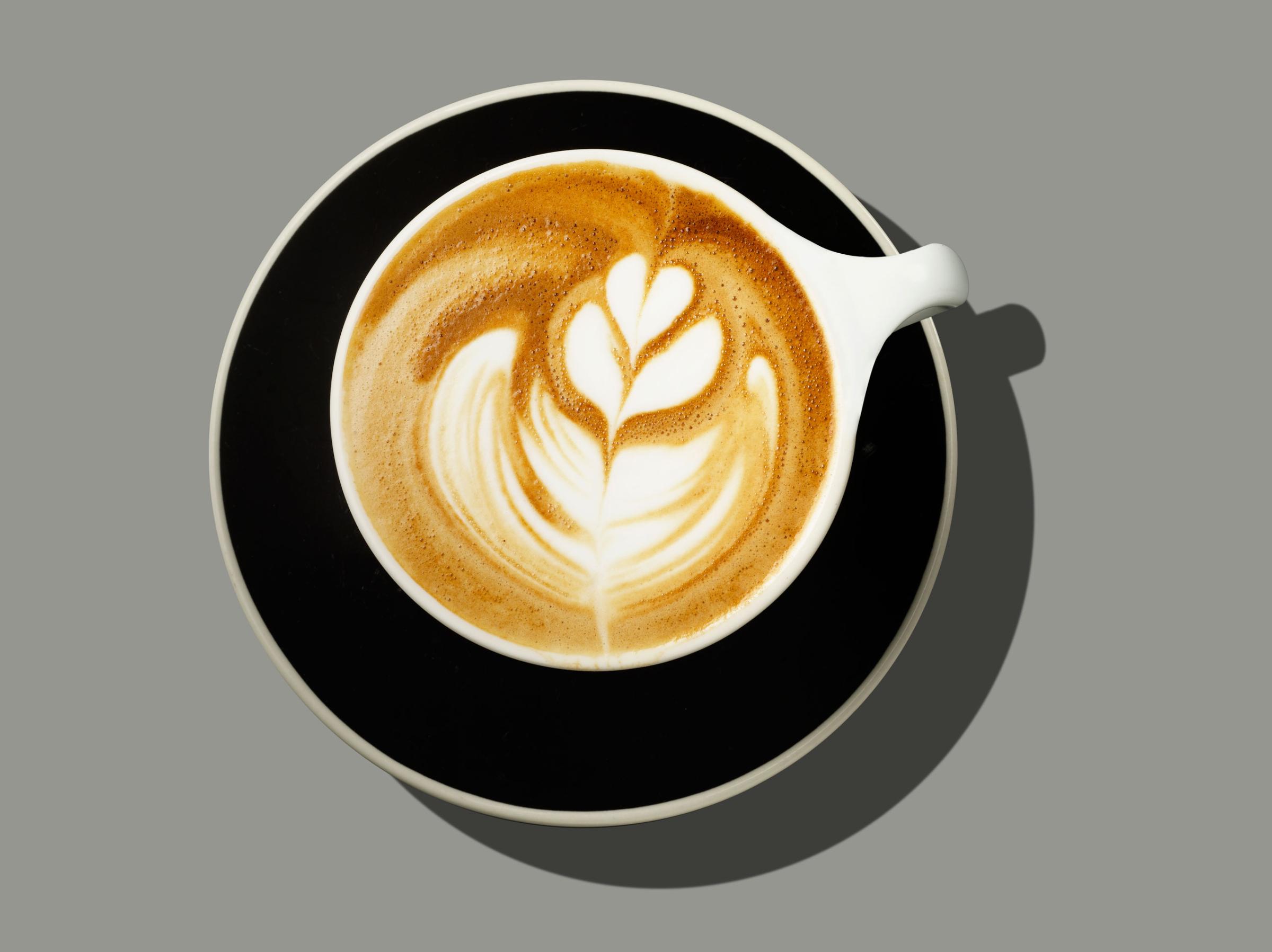
Grabbing some java every morning doesn’t just jump-start your day—that cup of joe has bioactive compounds that may help protect your skin from melanoma (the fifth most common cancer in the U.S.), according to a recent report in the Journal of the National Cancer Institute. Researchers found that the more coffee people downed, the less likely they were to get the disease: Those drinking four cups daily had a 20 percent lower risk of developing malignant melanoma over a 10-year period than non-coffee drinkers.
Watermelon
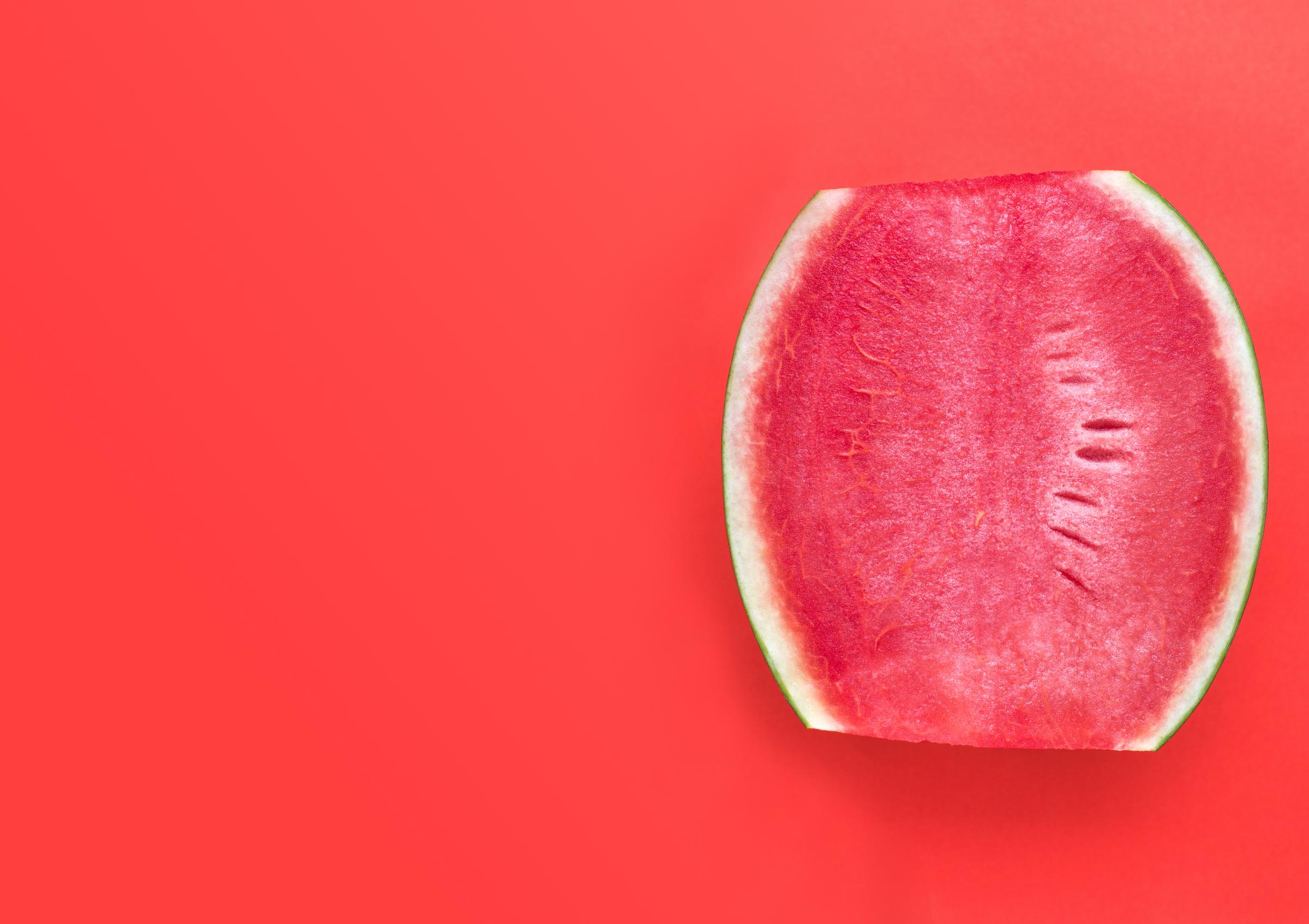
The summertime fave is loaded with lycopene. “This antioxidant compound gives watermelon and tomatoes their red color—and helps skin stave off UV damage,” says nutrition pro Keri Glassman, RD, founder of NutritiousLife.com. Researchers believe that the melon contains as much as 40 percent more of the phytochemical than raw tomatoes; that’s the equivalent of an SPF 3, so use it to bolster (not replace) your daily dose of sunscreen.
Pomegranates

The seeds of this wonder fruit are bursting with antioxidants, like vitamin C, that prevent fine lines, wrinkles and dryness by neutralizing the free radicals that weather skin. A study in the American Journal of Clinical Nutrition found that higher vitamin C intake lessened the likelihood of dryness and wrinkles in middle-aged women. Also in the fruit’s arsenal: anthocyanins (which help increase collagen production, giving skin a firmer look) and ellagic acid (a natural chemical that reduces inflammation caused by UV damage).
Blueberries
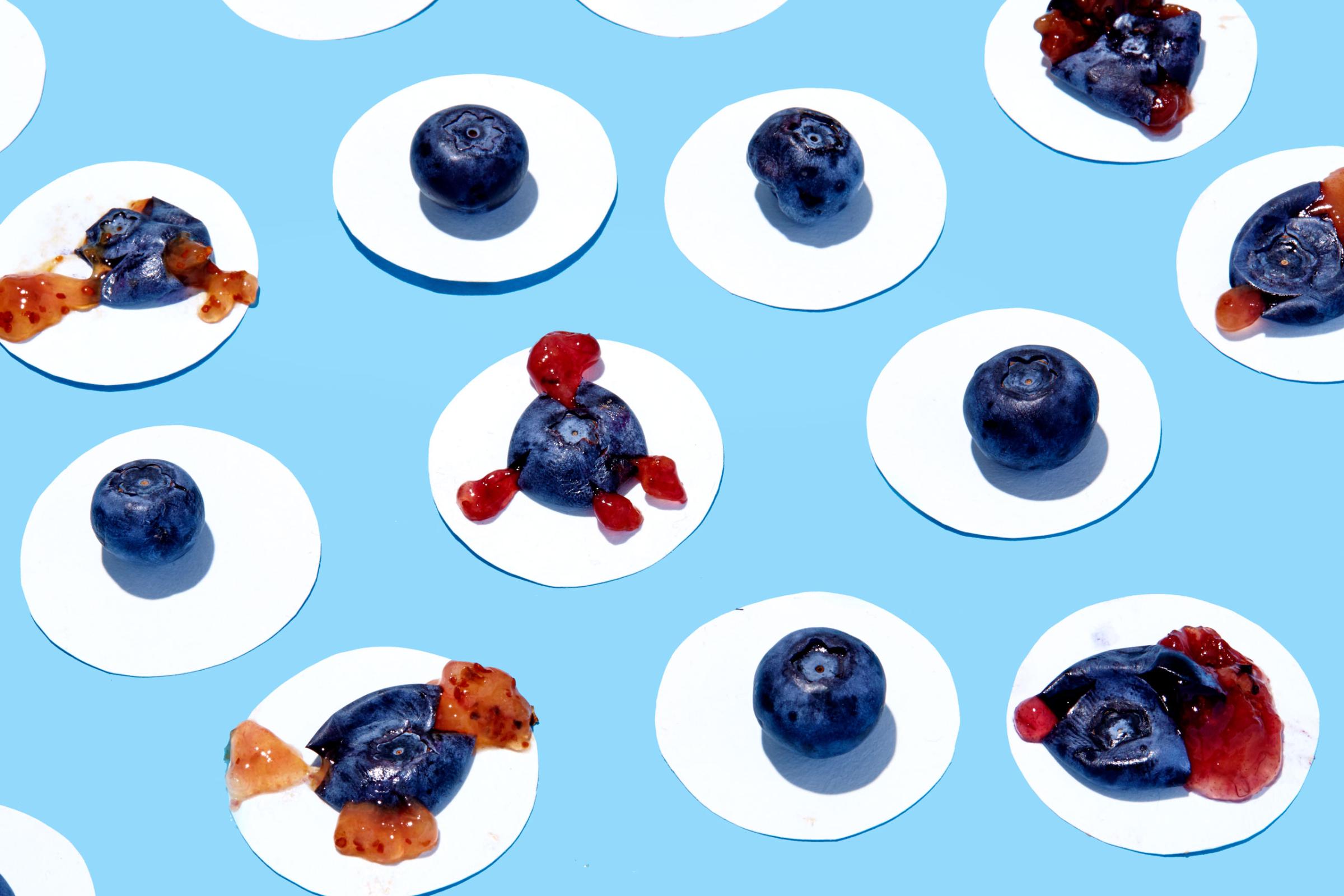
Boost radiance by popping some of these plump little beauties. Blueberries supply vitamins C and E (two antioxidants that work in tandem to brighten skin, even out tone and fight off free-radical damage), as well as arubtin, “a natural derivative of the skin lightener hydroquinone,” Dr. Zeichner says.
Lobster
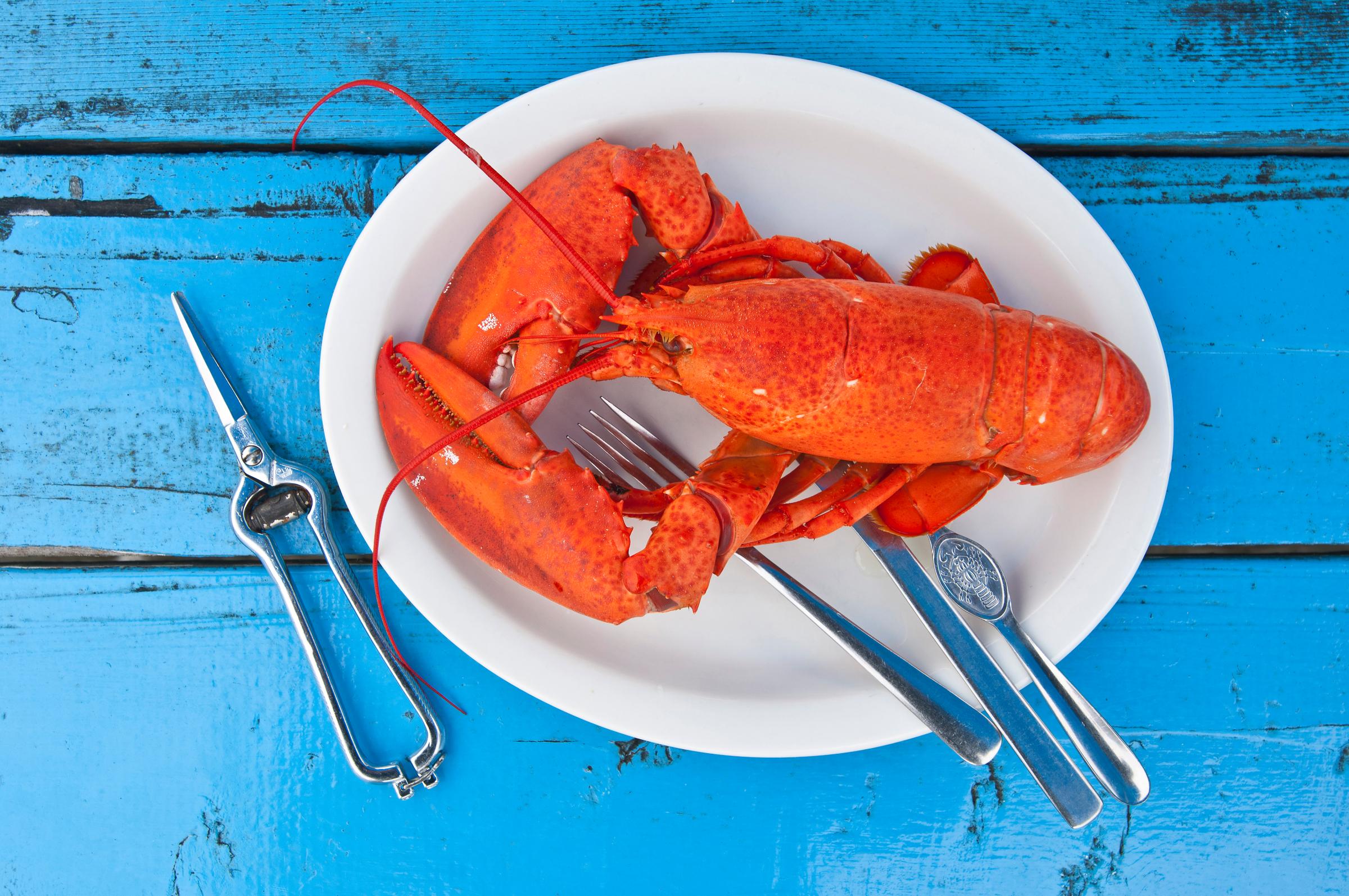
High in zinc, shellfish has anti-inflammatory properties that can help treat a range of skin annoyances, acne included. “Zinc accelerates the renewal of skin cells,” says Whitney Bowe, MD, clinical assistant professor of dermatology at the Icahn School of Medicine at Mount Sinai. “That’s why you find the nutrient in many acne medications.” In fact, research shows that people with acne have lower levels of zinc than people with clear skin.
Kale
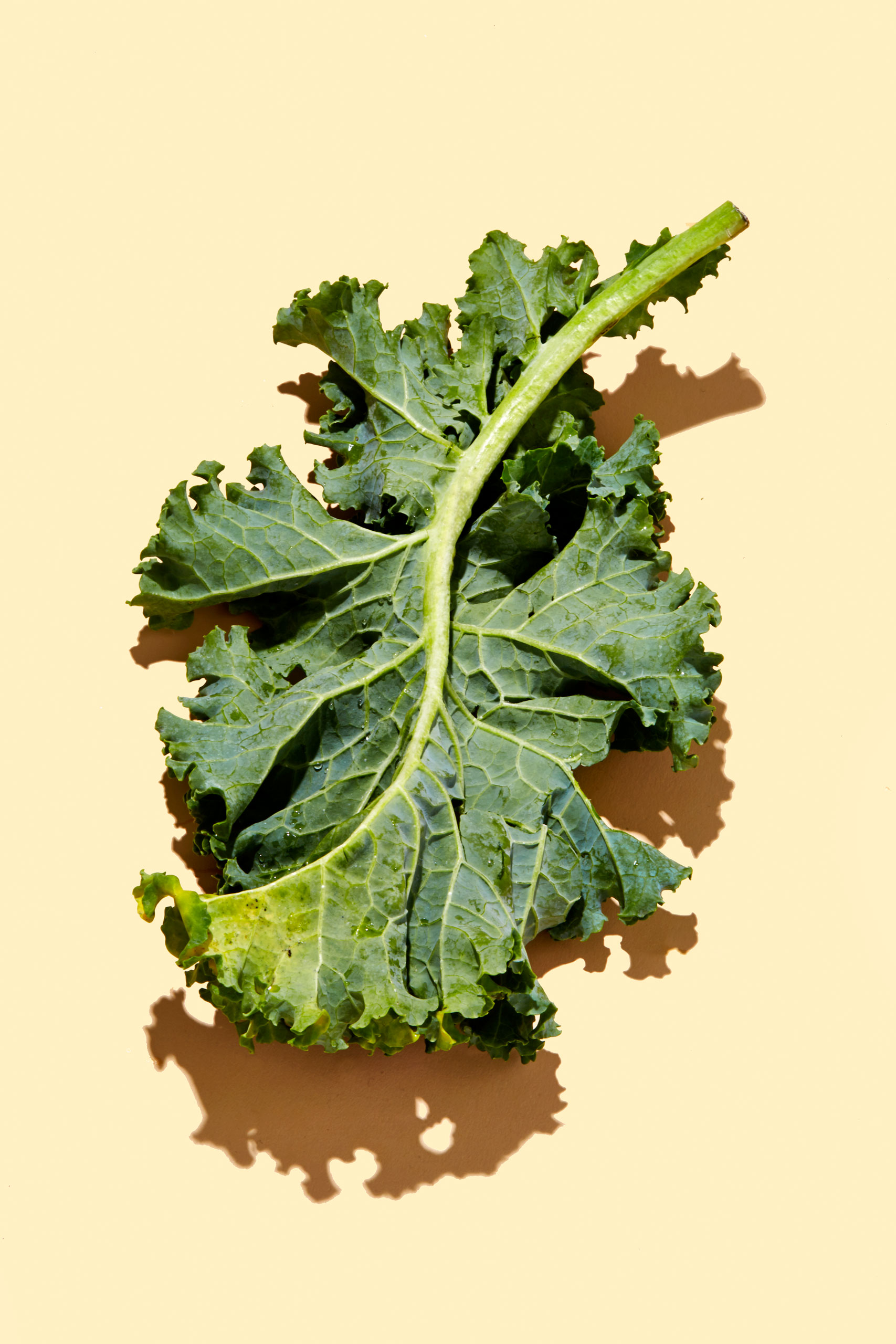
On the long list of this leafy green‘s nutrients are vitamin K (it promotes healthy blood clotting, so the blood vessels around the eyes don’t leak and cause Walking Dead-like shadows) and loads of iron. “Insufficient levels of iron in your diet can cause your skin to look pale, making it easier to spot blood vessels under the skin,” explains Howard Murad, MD, associate clinical professor of medicine at UCLA. To max out the benefits, eat the veggie cooked, not raw.
Eggs
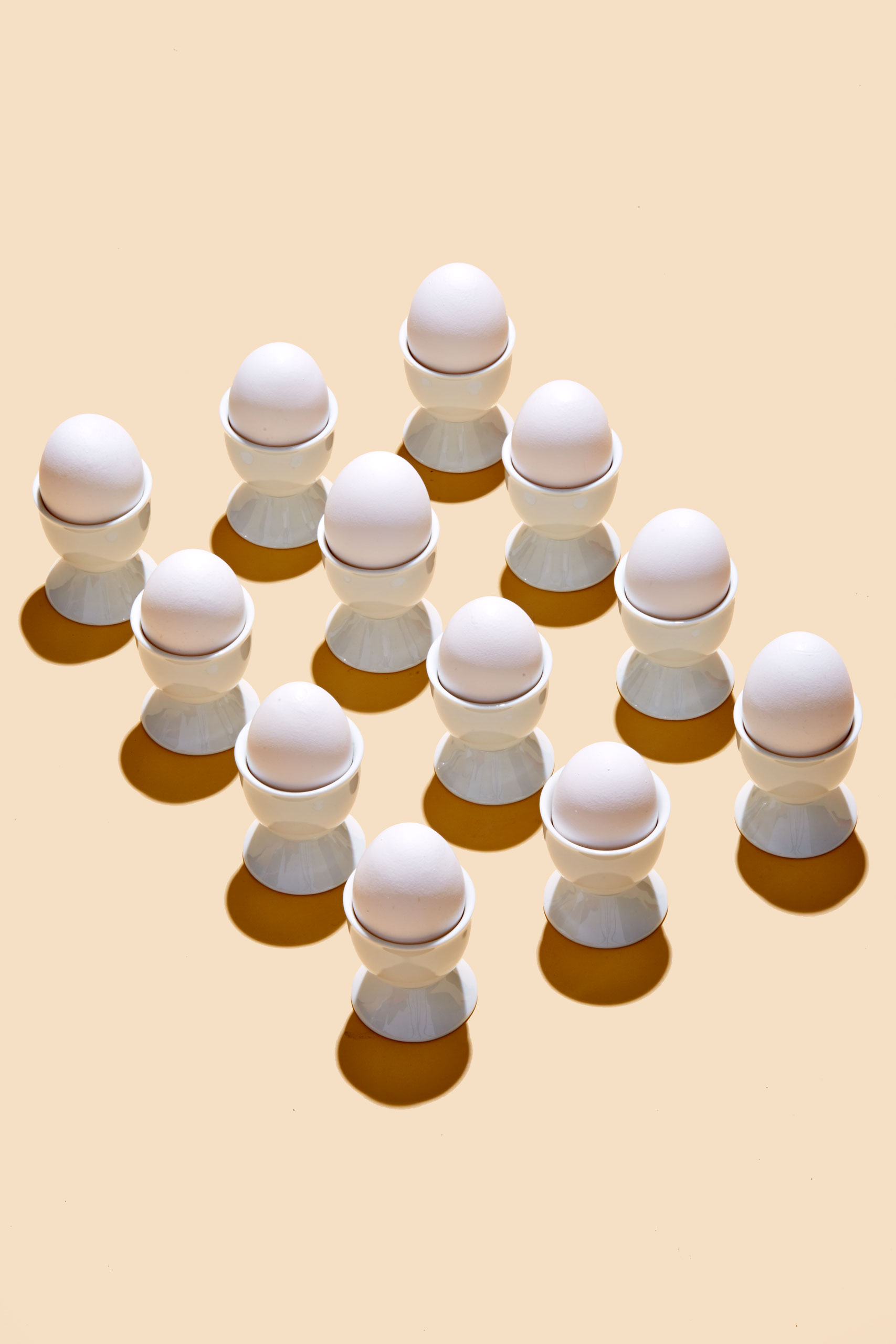
Your fingernails (toenails, too) are made of protein, so a deficiency can turn those talons soft. Keep yours thick and mani-pedi-ready by cracking smart: “Eggs are a good source of biotin, a B complex vitamin that metabolizes amino acids, which are the building blocks of protein,” says Frank Lipman, MD, director of Eleven-Eleven Wellness Center in New York City.
Walnuts
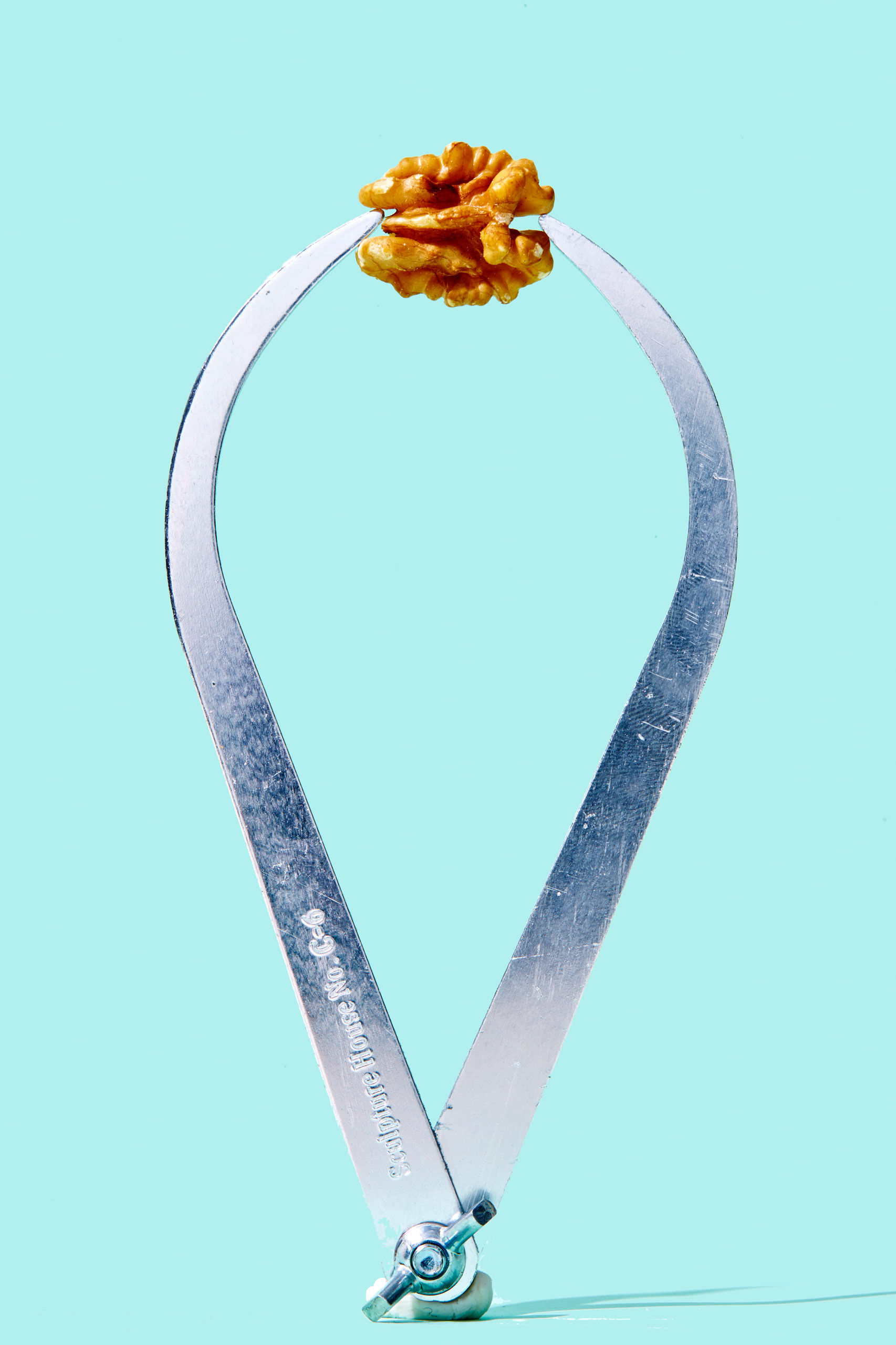
Omega-3 fatty acids (found in the natural oils that keep your hair hydrated) and vitamin E (which helps repair damaged follicles) are two secrets behind strong, lustrous strands—and these nuts are full of both, Dr. Lipman says. All you need is 1/4 cup a day. What’s more, walnuts are packed with copper, which will help keep your natural color rich: Studies show that being deficient in the mineral may be a factor in going prematurely gray.
Avocado
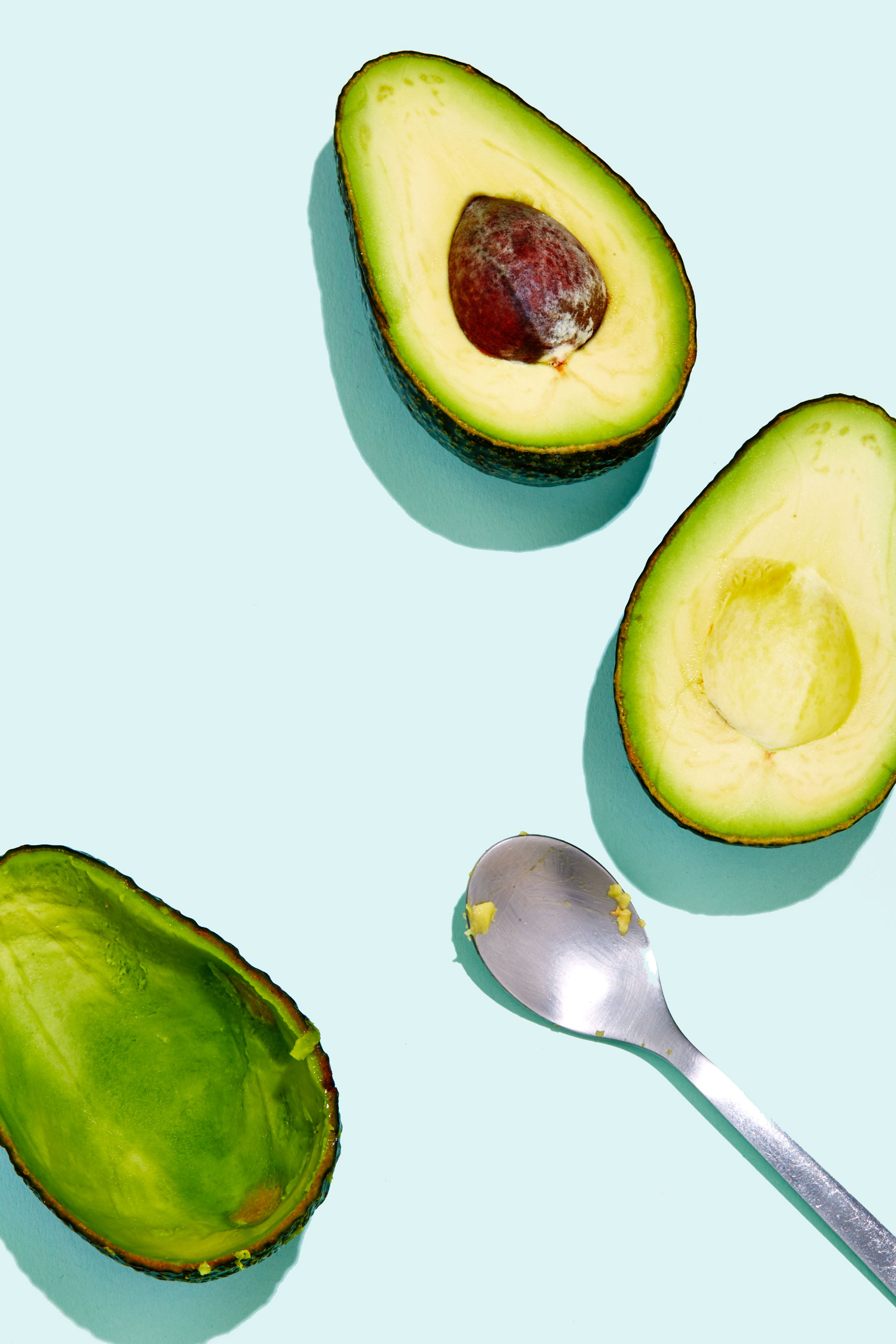
Like you need another reason to love them: These rich fruits are high in oleic acid, an omega-9 fatty acid that helps skin retain moisture in the outer layer to keep it soft, plump and supple, Dr. Bowe says.
Cantaloupe
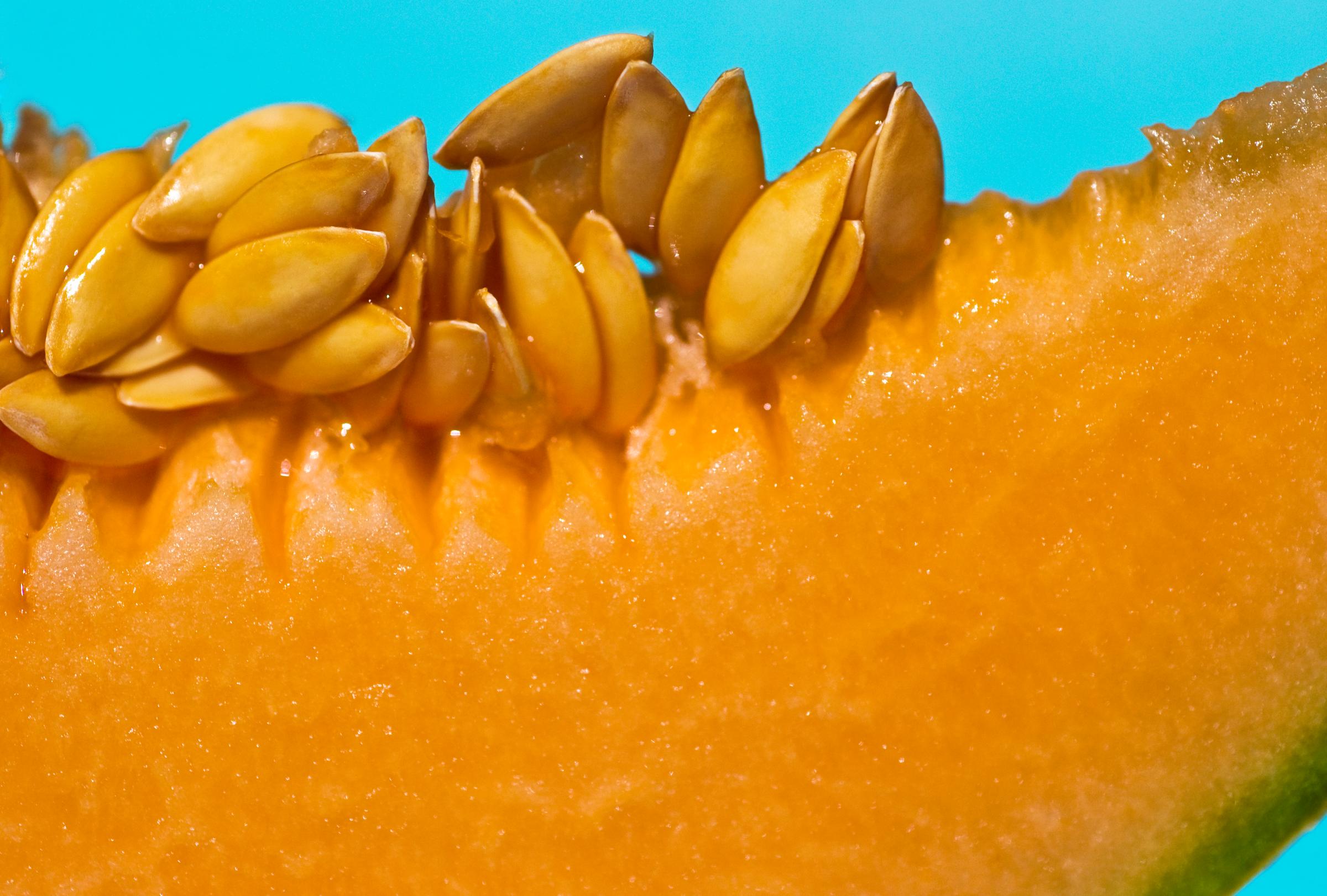
The sweet melon contains beta carotene, or vitamin A, which is believed to regulate the growth of skin cells on your scalp and sebum in the skin’s outer layer, Dr. Zeichner says. This keeps pores from getting clogged and causing flakes.
This article originally appeared on Health.com
More from Health.com:
More Must-Reads from TIME
- Why Trump’s Message Worked on Latino Men
- What Trump’s Win Could Mean for Housing
- The 100 Must-Read Books of 2024
- Sleep Doctors Share the 1 Tip That’s Changed Their Lives
- Column: Let’s Bring Back Romance
- What It’s Like to Have Long COVID As a Kid
- FX’s Say Nothing Is the Must-Watch Political Thriller of 2024
- Merle Bombardieri Is Helping People Make the Baby Decision
Contact us at letters@time.com